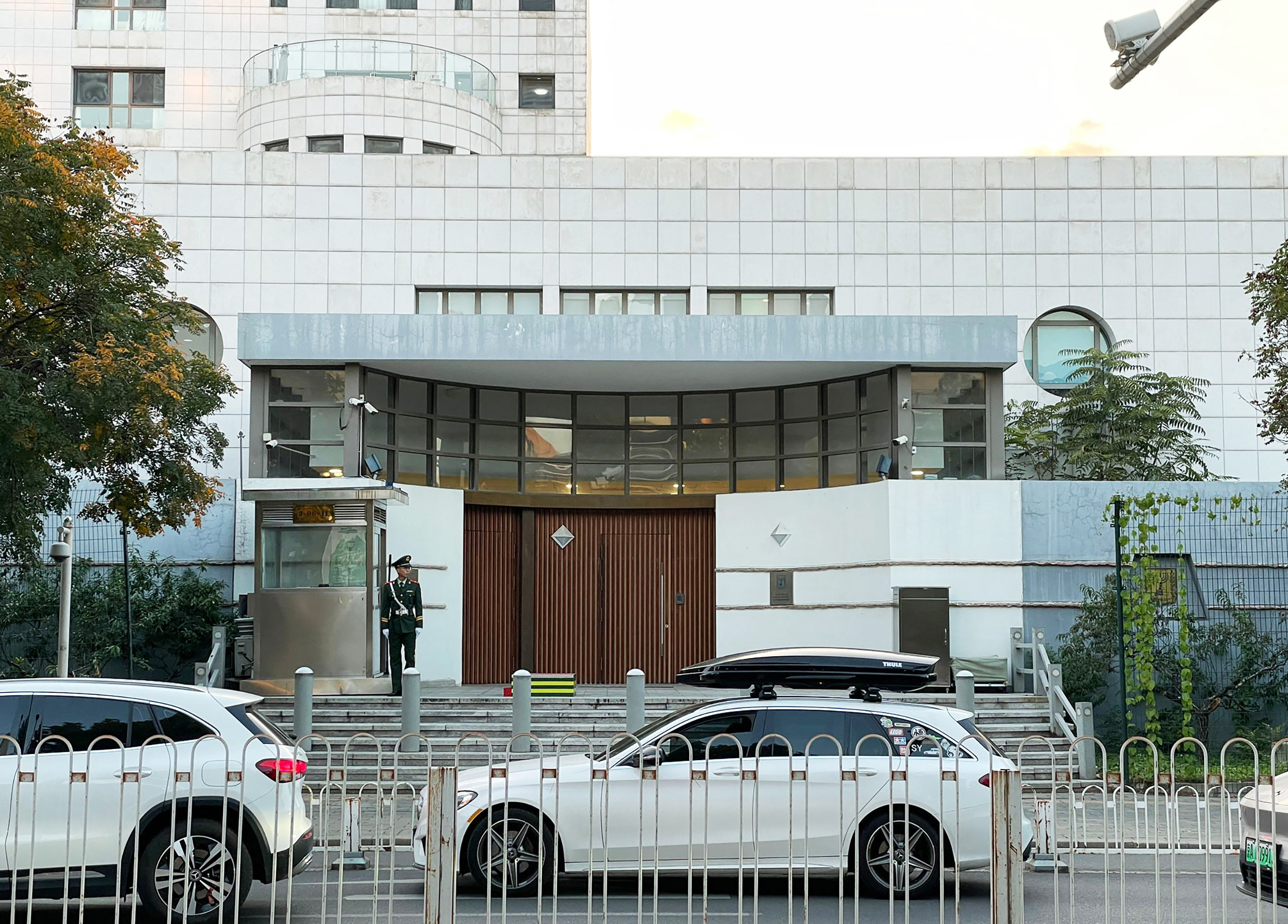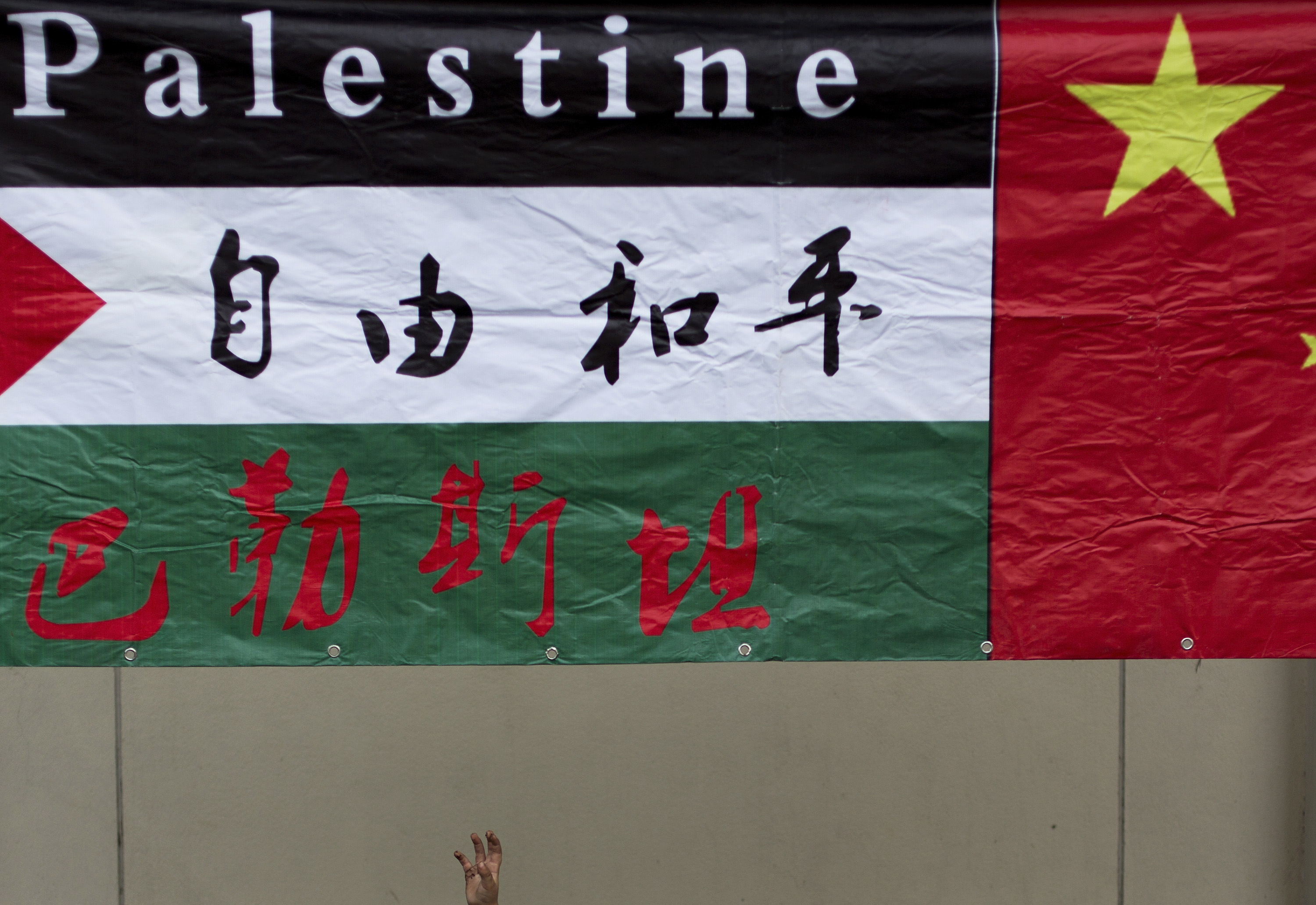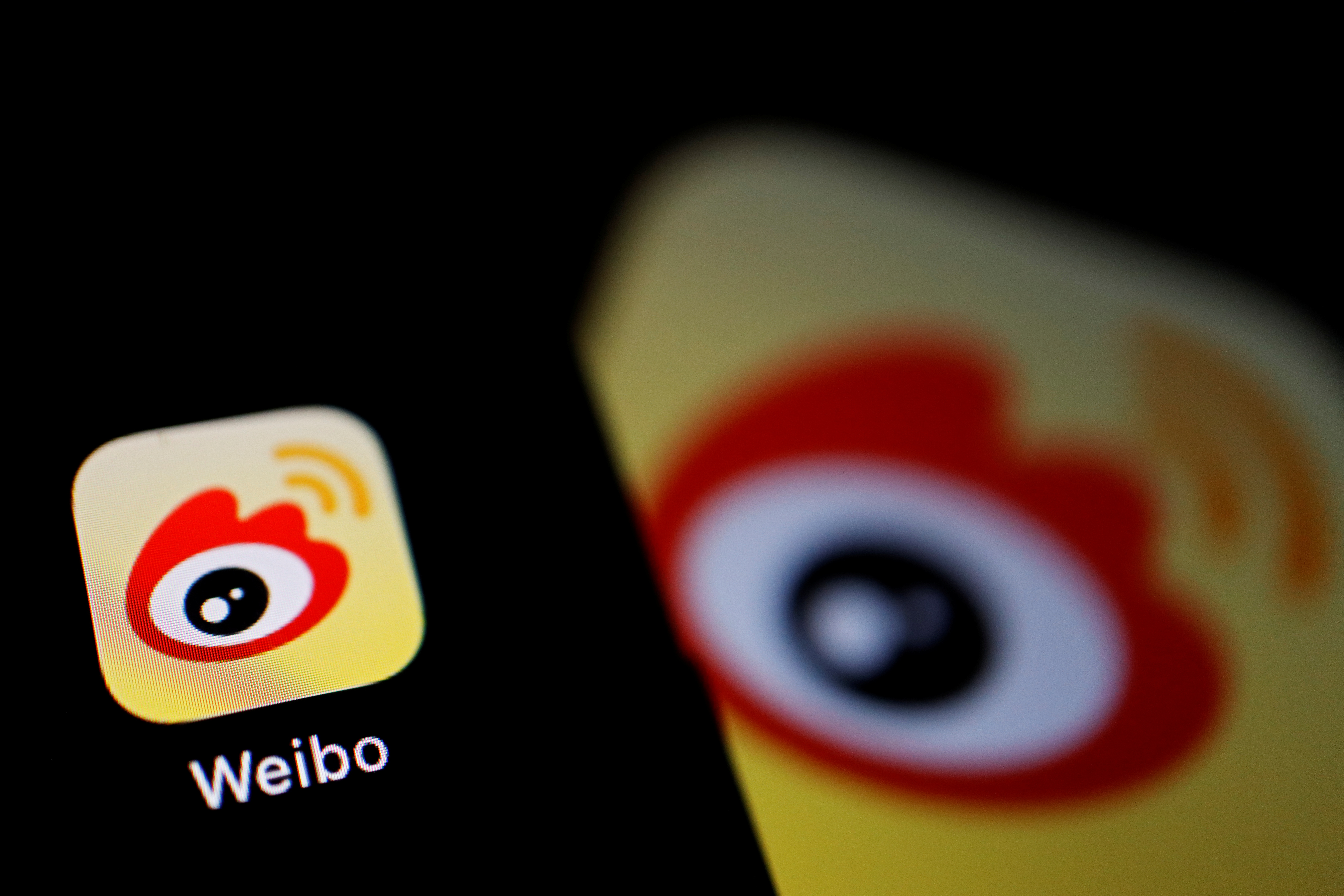
Following Hamas’s surprise assault on Israel and the subsequent Israeli bombardments of Gaza, Jen Tao logged on to the Chinese social media platform Weibo to express her condolences for the thousands who had died on both sides of the conflict.
“I thought I was going to find kind words for the victims, but instead I was shocked to see a lot of hateful things posted about Muslims and Jews,” the 38-year-old surgeon at a hospital in Shanghai, told Al Jazeera.
Tao was particularly appalled when a video of a Chinese Israeli woman being taken away on a motorcycle by Hamas appeared on Chinese social media.
In the comment section, one netizen wrote: “I do not want to pay attention to her!”
Another accused the woman of being a “Nazi monster” for having served in the Israeli military (most Israeli citizens have to complete military service).
“She is Chinese, but even she got such comments,” Tao said.
The broader discussion of the conflict has similarly been marked by hate speech.
One online comment read: “Palestine has no civilians. It only has little terrorists, old terrorists, female and male terrorists, who should all be wiped out.”
Another called for the killing of Arabs to end terrorism while a third stated that Muslims were terrorists who needed to be bombed for peace to be achieved.
Anti-Semitic comments have been more predominant, however.
“It is really the fault of Little Moustache [Hitler],” a netizen wrote. “If he had burned all of them [Jews], we wouldn’t have this much trouble.”
“In European wars, you will see the shadow of Jews making money, like vultures,” wrote another.
When asked to comment on the anti-Semitic comments on Chinese social media, Chinese foreign ministry spokesperson Wang Wenbin said this week that “China’s laws unequivocally prohibit disseminating information on extremism, ethnic hatred, discrimination and violence via the internet.”
But Tao does not see such laws being enforced.

And by allowing hatred to flourish, she believes the Chinese leadership is undermining its own diplomatic strategy in the month-long Israel-Gaza war.
The Chinese leadership has called for an immediate ceasefire, and in the long term, called for the realisation of peaceful coexistence between Palestine and Israel.
“When you tolerate hate at home, how can you call for peace internationally?”
A distant conflict
Hongda Fan is a professor at the Middle East Studies Institute of Shanghai International Studies University.
“There are different opinions on the current Israel-Gaza conflict in the Chinese public sphere,” he said in an email to Al Jazeera.
But at the same time, the vast majority of Chinese people do not know the background of the Palestinian-Israeli conflict, according to Fan.
“They are not very aware of the political divisions within Palestine and the differences in governance between Gaza and the West Bank.”
Hsia Liang Hou, 42, a cybersecurity specialist from Chengdu in central China, likewise believes that there are many elements of the conflict that are not broadly understood in China.
“Chinese people generally don’t know a lot about the conflict and its long history because it doesn’t affect China a lot,” he said.
Hsia believes that the general lack of insight regarding the conflict and its history explains some of the racist comments that have circulated on the Chinese internet.
“It is not because all Chinese people are racist towards Arabs and Jews,” he said.
Although Tao was appalled by some of the content on social media, she also cautions against using online comments to make conclusions about the general sentiment of Chinese people regarding anti-Semitism and Islamophobia.
“A lot of people don’t express their opinions on social media, and also the government blocks and censors all sorts of things on the [Chinese] internet all the time,” she said.
“You don’t get to see everything; you get to see what’s acceptable to the government.”
Israel-Palestine uncensored
Anti-Semitism and Islamophobia have not been limited to China’s internet, but unlike much of the rest of the world, online content is strictly monitored and censored within China. For nine years in a row, China has been ranked as having the world’s worst environment for internet freedom.
A recent example of the state’s online interference came with the sudden death of former Chinese premier Li Keqiang. After Li died on October 27, the authorities released instructions on the management of media content related to the former premier.
Subsequently, online discussions of Li were censored and quotes associated with him were removed from online forums.
Deaths of Chinese political leaders have led to political upheaval in the past and are, therefore, considered sensitive by the authorities.
“The authorities censor stuff online that they see as a threat to their power,” said Hsia, the cybersecurity specialist.
The anti-Semitic and Islamophobic content is not a threat to the Chinese government, and in some ways particularly the anti-Semitic content, is making the same arguments that the Chinese state is making – only in more racist terms, according to William Figueroa, an assistant professor at the University of Groningen, who has conducted research on China’s relationship with Middle Eastern countries.
While the top of the Chinese government has called for peace and coexistence, Chinese media and influential figures have been much more conspiratorial and antagonistic in their rhetoric towards Israel and Jewish people in general.
A post on the social media account of the government-controlled CCTV claimed falsely that three percent of Jews in the US control 70 percent of American wealth. The topic was one of the top-trending on the short messaging service, Weibo.

Meanwhile, Shen Yi, a prominent professor of international relations at Fudan University, compared Israel’s attacks on Gaza to acts of aggression perpetrated by the Nazis, while Hu Xijin, a leading commentator and former editor-in-chief of the state-run Global Times, expressed concern about Israel wiping “the Earth out of the solar system”.
According to Lin Pu, who is a scholar of digital authoritarianism and Chinese influence at Tulane University in the US, the Chinese authorities refrain from censoring certain anti-Semitic comments because they do not disrupt the Chinese government’s messaging of showing sympathy and support for Palestine.
“Anti-Israel sentiment highlights one aspect of the Chinese stance toward this issue that the Chinese government does not want to express explicitly for diplomatic reasons,” he said.
More broadly, censuring offensive and racist speech is generally not a priority for the Chinese state, according to Figueroa.
“You can find all kinds of racist, anti-Semitic, anti-Islamic sentiment on Chinese social media any given day of the week,” he said.
The only way that Figueroa sees that the Chinese government might be concerned with such content is if Western nations use it to portray China negatively.
“But this hasn’t been a significant issue so far.”
Tao believes that Beijing should stay true to its call for peace between Israelis and Palestinians.
“That starts with shutting down the racism and the hate in the media and online here in China,” she said.
“If the government must use its censorship powers, it should use it on this.”







